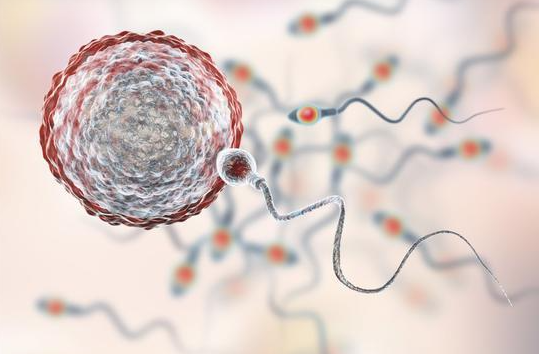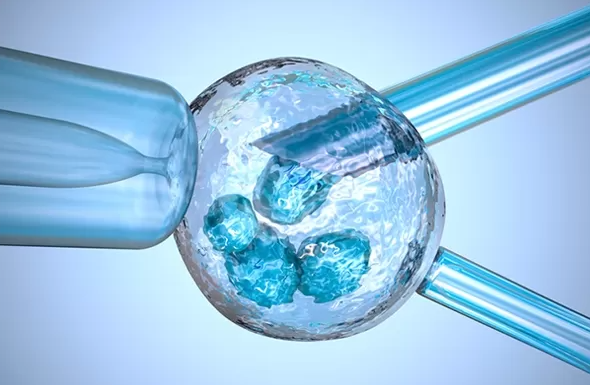You may have heard that donating eggs can earn a decent reward. But how much is this money exactly? Is everyone the same? Is there a pit inside? Today we will have a good talk about the "money" part of egg donation.
What is egg donation? Egg donation is actually the process of "borrowing" healthy and mature eggs from your body through a medical procedure. Some will be directly allocated to a specific pair of expectant parents (we call it "targeted donation"), while others will be frozen and stored in an egg bank, waiting for families in need to match and use them.
This is a very personal contribution, your egg may be able to transform a family from 'we want children' to 'we have children'.

How much does egg donation cost? The situation we have seen is that the compensation for most egg donors in one cycle is between 10000 and 50000 yuan.
Frozen eggs (egg bank): 10000 to 30000 yuan Fresh cycle (targeted donation): 20000 to 50000 yuan Minority high compensation: Some exceptions may reach 80000 to 100000 yuan In addition, it also includes reimbursement for travel, accommodation, lost work and other related expenses.
What factors affect compensation? Common factors that affect the level of compensation include:
Whether there is successful donation experience (successful pregnancy record is a plus point), personal conditions (such as appearance, education, race, health), geographical location (better in first tier cities and high demand areas), institutional qualifications (regular and professional institutions usually provide more reasonable compensation)

List of common reimbursement items, expense types, reimbursement scope (reference), travel and transportation expenses, airfare, accommodation, meals (¥ 500~¥ 1000 or more), compensation for lost work, approximately ¥ 100~¥ 300 per day, and childcare expenses, approximately ¥ 100~¥ 200 per day. The parts that may not be reimbursed include daily transportation expenses, over-the-counter drugs, and in some cases, lost work and childcare expenses.
When will the remuneration be paid? Usually paid in two installments:
After completing the physical examination and psychological assessment, the first payment will be made first; After the egg retrieval surgery is completed, the remaining payment will be made. Some institutions also choose to pay in full after surgery.
How many times can I donate? Are there any restrictions? Usually, eggs can be donated up to 6 times, with a recommended interval of 2-3 months between each donation.
For example, if you compensate 20000 yuan each time, it will be 120000 yuan after 6 times, which is not a small amount. But the premise is that your physical condition allows and you pass every examination.

Who is not suitable for egg donation? The following groups are usually not accepted for egg donation applications:
Age not between 21 and 33 years old (some institutions may accept up to 35 years old), BMI exceeding 18 to 26, smoking, alcohol abuse, drug abuse habits, unknown genetic history, serious family history of sexually transmitted diseases or chronic diseases, high psychological pressure, inability to cope with donation process, inability to cooperate with schedule or attitude, potential risks and side effects. Although egg donation surgery is not considered high-risk, there are still the following points that need attention:
Medical risks: Ovarian hyperstimulation syndrome, mild bleeding, infections, and other physical reactions: bloating, fatigue, emotional fluctuations caused by hormones. Psychological effects: emotional concerns and ethical pressure for future children. Summary: Donating eggs is not a "free money" thing, nor is it the kind of "medical volunteers" who give without compensation. It lies between the two, being both a physical investment and a psychological journey.
Many girls who donate eggs say that this is not only an opportunity to help others achieve their dreams, but also a way to rediscover themselves. You will understand that your own body can be so valuable; They will also cherish their health that they originally thought was' taken for granted 'more.

 简体中文
简体中文
